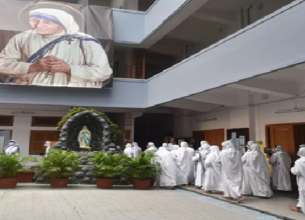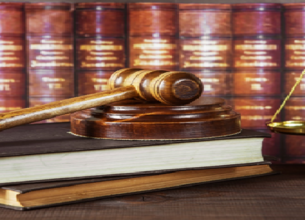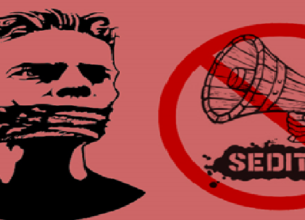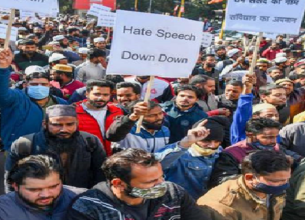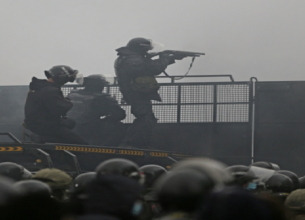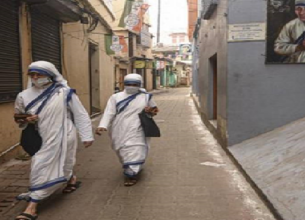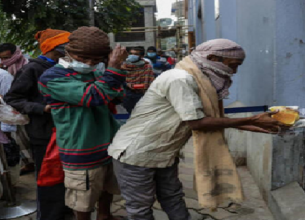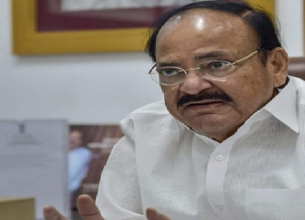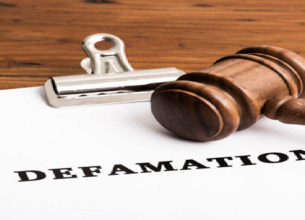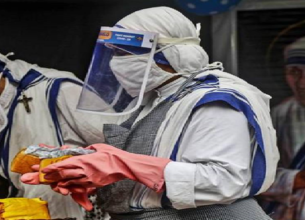THE RIGHT TO PROTEST IN A FREE SOCIETY
22, Jan 2020
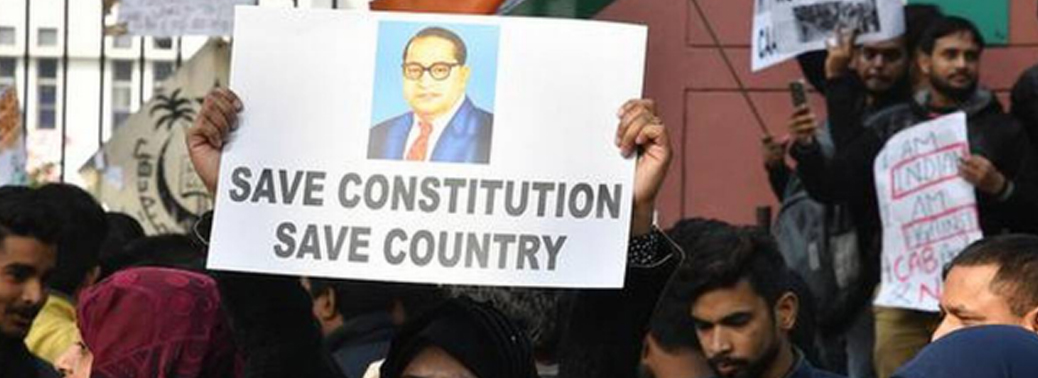
Prelims level : Rights Issues
Mains level : GS2 - Indian Constitution- historical underpinnings, evolution, features, amendments, significant provisions and basic structure.
Context:
- Public protests are the hallmark of a free, democratic society, whose logic demands that the voice of the people be heard by those in power.
Is Right to Protest a Fundamental Right?
- The right to protest, to publicly question and force the government to answer, is a fundamental political right of the people that flows directly from a democratic reading of Article 19.
- The courts have continuously reiterated that the right to protest is a fundamental right.
- One may examine and find that the word ‘protest’ is missing in the Indian Constitution. But Article 19 has mentioned it implicitly.
- For example, the right to free speech and expression may be taken to mean that everyone has a right to express their personal opinion on, say, a film, or on the condition of the city they inhabit.
- The right to associate to mean the right to form self-regulating clubs, professional associations or societies.
- The right of peaceful assembly to mean the right to have a picnic in a park or to participate in religious festivals.
Right to Protest – A Political Freedom:
- The right to free speech and expression transforms into the right to freely express opinion on the conduct of the government.
- The right to association becomes the right to associate for political purposes — for instance, to collectively challenge government decisions.
- This is the basis of our multiparty system where Opposition parties are valuable adversaries, not enemies, and compete healthily for political power.
- Finally, the right to peaceably assemble allows political parties and citizenship bodies such as university-based student groups to question and object to acts of the government by demonstrations, agitations and public meetings, to launch sustained protest movements.
- In short, each of these rights has two interpretations. On the first, these are exercised largely by people for private purposes, free from government interference, in a classically liberal, non-political public space.
- On the second, rights are strongly associational, exercised to influence or gain power, and are therefore fundamentally political rights basic to a democratic society.
Why Right to Protest is essential?
- This cluster of inter-related political rights (expression, association, assembly, petition and protest) is meant to ensure that even when the government works in people’s interests they act as watchdogs and constantly monitor its acts.
- Even such governments can falter and so that, through consultation, meetings and discussion, to recognize and rectify its mistakes.
- Historically few protests have brought many changes in the constitution. Potti Sreeramulu starving himself to death in order to create a new Telugu-speaking state of Andhra and the Chipko movement to prevent the then U.P. government from awarding contracts to commercial loggers are few examples.
- Such movements are particularly important for those outside the mainstream, or those not educated formally.
- Meetings around a table rarely involve as many people as street protests do.



